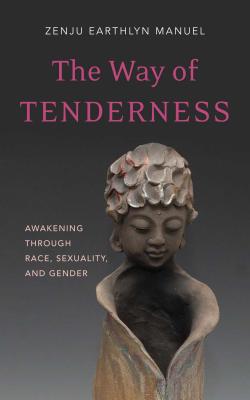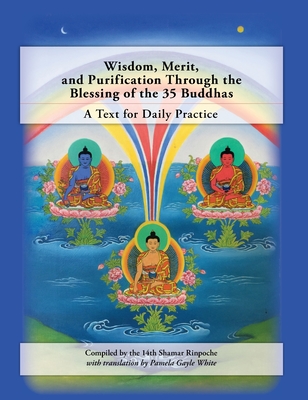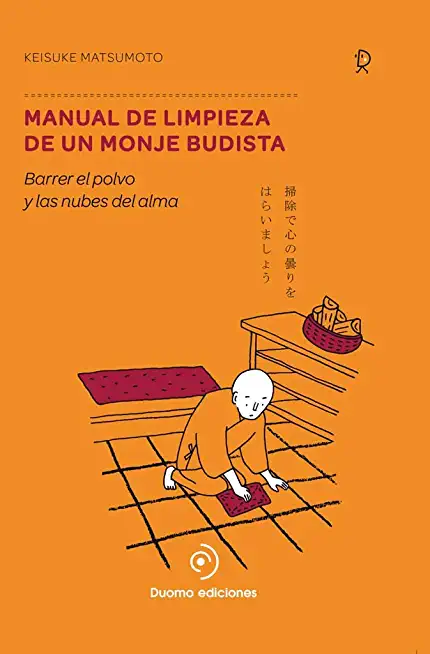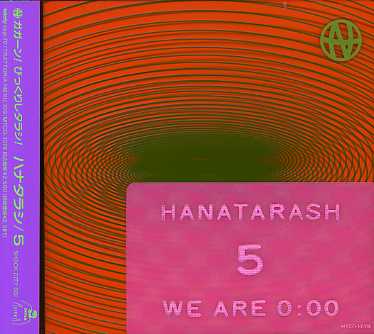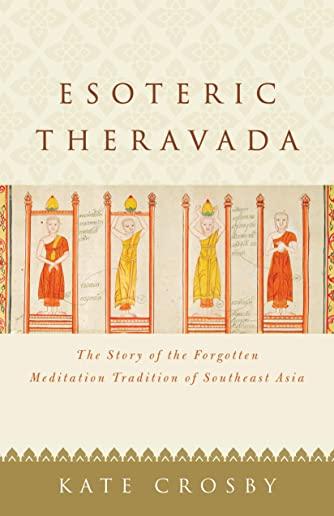
Crosby, Kate
product information
description
8A groundbreaking exploration of a practice tradition that was nearly lost to history. Theravada Buddhism, often understood as the school that most carefully preserved the practices taught by the Buddha, has undergone tremendous change over time. Prior to Western colonialism in Asia--which brought Western and modernist intellectual concerns, such as the separation of science and religion, to bear on Buddhism--there existed a tradition of embodied, esoteric, and culturally regional Theravada meditation practices. This once-dominant traditional meditation system, known as borān kammatthāna, is related to--yet remarkably distinct from--Vipassana and other Buddhist and secular mindfulness practices that would become the hallmark of Theravada Buddhism in the twentieth century. Drawing on a quarter century of research, scholar Kate Crosby offers the first holistic discussion of borān kammatthāna, illuminating the historical events and cultural processes by which the practice has been marginalized in the modern era.
member goods
No member items were found under this heading.
Return Policy
All sales are final
Shipping
No special shipping considerations available.
Shipping fees determined at checkout.

